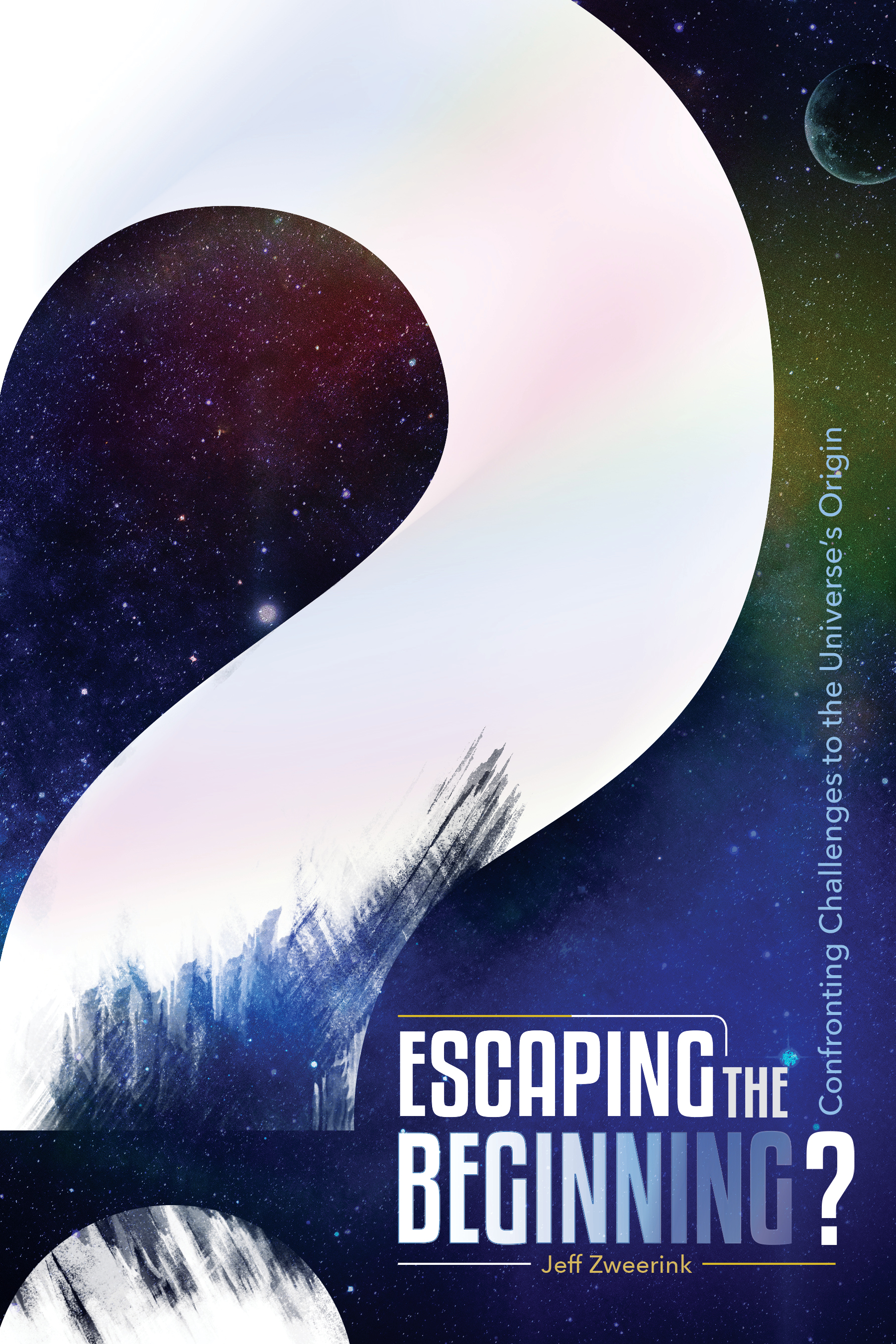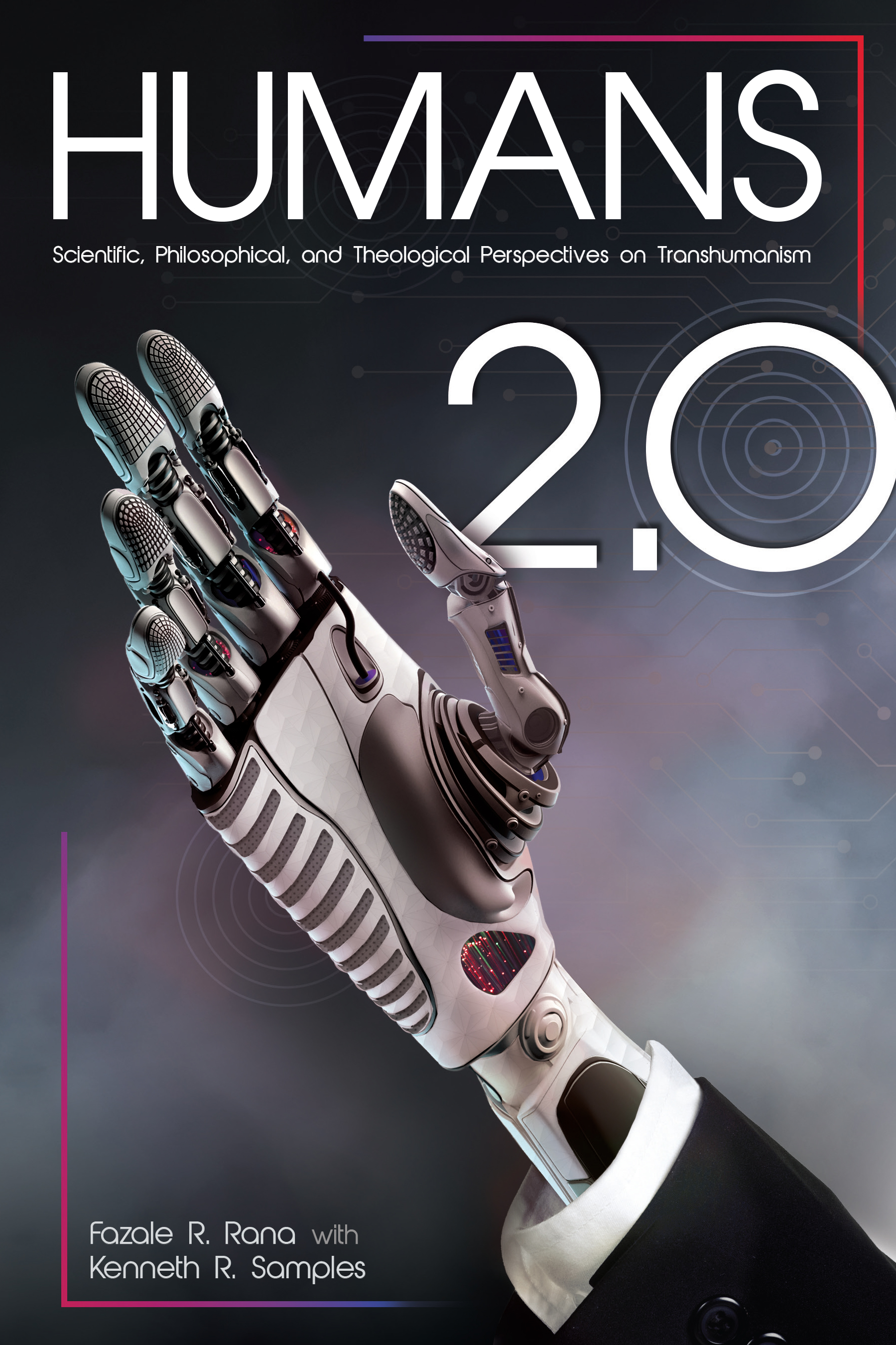Wednesday, September 2, 2020
What messages are we sending our children?
Thursday, August 20, 2020
Why Can't Folks Imagine a World Without Cops, Without Prisons?
"If men were angels, no government would be necessary. If angels were to govern men, neither external nor internal controls on government would be necessary" Federalist No. 51
Sunday, August 16, 2020
When it comes to Justice, Don't be a Humpty Dumpty!
- The Bible teaches that it is wrong for a Christian to have feelings of superiority (Phil. 2).
- Believers are told not to make class distinctions between various people (James 2).
- Paul teaches the spiritual equality of all people in Christ (Gal. 3:28; Col. 3:11).
Thursday, May 14, 2020
Book Review - Weathering Climate Change
Book Review - Weathering Climate Change
A Balanced Take on the Controversial Topic of Climate Change
I was excited to get an advanced copy of the new RTB Press book, Weathering Climate Change - A Fresh Approach by Hugh Ross. But I also began to read this book with a bit of trepidation. I was afraid, given the polarizing views on both sides of this issue, that this book will cause controversy and detract from RTB's primary mission of Science-Apologetics for the sake of evangelism. As it turns out, this book is both pointed and pragmatic. It will push your preconceptions whatever your perspective on the climate change challenges we face.
Hugh Ross is well qualified to provide a balanced perspective on this topic. This is fundamentally not just an issue for climatologists, but requires an interdisciplinary approach by someone who is both technical enough to understand the science and also wide-read enough to have a broad perspective on the interplay between the various disciplines and issues that are pertinent. The author gives such a balanced understanding of the problems and possible solutions on this contentious and complicated issue.
The book does a good job of separating the politics, emotions, and policy issues from the actual science. If anything, the book is heavy on the science details, though seemingly weighted more toward the standard scientific consensus of the data, with less discussion of possible objections by the minority of scientists who have some disagreements on various points. On balance, though, I felt like it gives a fair representation of the current best understanding of warming measurements and modeling. The conclusion is that, "yes", human activity has affected the climate since the industrial revolution, and the climate may be at (or close to) a tipping point where our current extended period of climate stability is at an end. He does make the point, however, that we still have to face "the inevitable onset of another glacial episode. We may be able to put it off for a few more centuries, perhaps even for a little more than a millennium, but we cannot extend our present interglacial indefinitely."
Where I think that Hugh Ross makes a distinctive contribution to this discussion, is in his fair and objective look at our responses to the climate crisis. He presents three categories of possible solutions: mitigate, adapt, and/or "defeat" (or live with it). He feels that the apocalyptic nature of some claims: global emergency, the need to awaken the public, or calls for immediate, drastic action, feed fear and don't promote rational discussion of solutions. Scientists' legitimate concerns communicated through journalists and politicians have polarized opinions, from panic and knee-jerk activism to disbelief and lack of trust in the claims.
Dr. Ross points out that self-interest of people and nations makes enforcement an intractable problem, because human nature is such that we want to look out for our own self-interests first and let others sacrifice. This is not surprising due to the dual reality of humanity: while we are created in God's image and can achieve great good, we are also broken by our selfish sinful nature, and we rebel against the good that God calls us to do.
He asks us to consider if there are Win-Win solutions. It seems to me that some win-wins mentioned would not be widely embraced, such as forced changes to diet, animal husbandry, or traditional farming methods. It seems unwise to trust that we can quickly replace our current energy needs by future technology, even if we dramatically increase research funding. Any solutions found through new research likely would not be ready until decades into the future. Hugh Ross presents some possible climate solutions with the objective of sparking creative thinking and collaboration, and to also "demonstrate that we need not choose between what is best for the environment and what is best for our economic well-being." Personally, I am skeptical that any of these proposed solutions can be implemented quickly enough, on a large enough scale, to make a significant dent in our climate change situation.
As in past books, Dr. Ross clearly makes the case that the Earth's environmental conditions have been fine-tuned for life. Many unique circumstances and features of the Earth, Moon, stellar environment, and more, lead to the suggestion that the whole system has been carefully designed and balanced for advanced human civilization during the current narrow window of time. He says, "The anthropic principle is the observation that the universe, Earth, and Earth’s life appear exquisitely and intentionally designed for humanity."
The middle section of the book is more technical, which might not be as accessible to the general public. However, the conclusions and summary questions bring focus at the end of each chapter. In general, the book is well-sourced and full of recent scientific data on the climate. Here Dr. Ross provides an in-depth explanation of the causes behind ice age cycles and other historical global climate changes. Again he shows that the current interglacial stability has provided the ideal environment for our modern civilization, designed and finely tuned by the Creator for that purpose. He suggests that the current period of extreme climate stability has given us the opportunity to reach billions of people with the Good News. That brings promise of true purpose and meaning to their lives, and hope for an even better future home awaiting in the new creation.
The book ends with a plea for collaboration and cooperation among all the diverse groups of humanity in finding win-win climatic solutions. In the meantime, it is the duty of those who choose to follow Christ to take an active role in caring for both people and the planet, so that we can maximize the time we have available to reach more people for Christ.
Wednesday, September 25, 2019
Book Review - Escaping the Beginning
I recently finished reading the new book, Escaping the Beginning?, by Jeff Zweerink, and found it to be a very good overview of the state of modern cosmology. More importantly, it delves into the philosophical underpinnings and possible motivations behind theoretical models concerning the origin of our universe. Zweerink is a high-energy research physicist and also a research scholar and speaker for the science-faith thinktank, Reasons to Believe, so he is highly qualified to tackle the philosophical, scientific, and religious questions raised about whether or not the universe had an actual beginning, and the implications thereof. He is also the author of another interesting book, Who's Afraid of the Multiverse?
As someone with a physics background, I appreciated the discussion of the various cosmological models developed over the last couple of centuries. While some of the information may stretch the non-technical reader, the author is able to clearly articulate and summarize the findings, and then address the implications for a beginning. Some of the topics covered include: the various kinds of Multiverse theories, definitions of time, the size and curvature of the universe, quantum gravity theories, string theory, and a universe from "nothing". Throughout the book, the various philosophical motivations and religious implications are considered. For instance, he shows that Multiverse theories were not developed simply to avoid a beginning, but rather have a sound theoretical basis, even it they are not necessarily verifiable. However, he does point out that there are philosophical and religious reasons that these proposals have been embraced or rejected by some.
While I understand that it is a mentally hard topic, I found the section on how we define time to be interesting, even if it just scratched the surface of the subject matter. The concept of time is fundamental to understanding causality and basic laws of physics, such as the 2nd Law of Thermodynamics (entropy). While we can write physics equations using a time parameter (say t), letting us vary the values corresponding to the past and future, does that describe what is really happening as our perception of time moves forward? It bends the mind to think that General Relativity actually ties time and space together as separate dimensions of a unified whole. Given various theories of time, one wonders "Does the past, present, and future actually exist or is the past gone and future events not here yet?" or "Why does time only move forward, or is this just an illusion?" The book considers questions like this and even the implications of the various theories on the meaning of a beginning.
Ultimately Zweerink concludes that it appears that the best theoretical models and experimental observations lean toward a universe (or Multiverse) with an actual beginning, compatible with the biblical claim that the universe had a beginning and a Beginner. While there are several theoretical models that could possibly be interpreted as having no beginning, any experimental validation of these is either far beyond our current scientific capabilities, or may even be untestable in principle. He concludes, "That remains a reasonable and defensible position today, and my bet is that quantum gravity approaches will ultimately reveal evidence for a universe with a genuine beginning." So, at least for the foreseeable future, there is no sure escape from the Beginning!
Sunday, June 30, 2019
Book Review - Humans 2.0
I found Humans 2.0 to be a compelling survey of the recent advancements in technologies that have the potential to redefine who we are as human beings. While the technical details were fascinating, I found the discussions of the moral "oughtness" to be an important part of the book. In other words, just because we can, should we? The authors bring together their expertise and experiences from years of interactions with scientists in a variety of fields via their association with the science-faith think tank, Reasons to Believe. Fazale "Fuz" Rana has a background in biochemistry and biophysics, while Ken Samples is a prolific author and speaker on philosophy and religion. Together they have provided thought provoking insights into the coming transhumanism revolution and its potential to impact each of us.
While weaving in examples using the superheroes we grew up with, such as Iron Man, the book covers advances like human gene editing, brain-machine interfaces (BMI), artificial intelligence (AI), extension of lifespans, and the ethical and moral implications of these new technologies. The potential for great advances in improving the human condition is undeniable. However, as Spiderman's uncle stated, "With great power comes great responsibility". This book suggests that questions need to be asked, like: "Will we lose control?" or "Will it be used for evil or even personal, selfish gain?" Also, it raises questions about who gets access to the benefits, and whether or not it would be equitable and just. This book got me wondering if technology can save us and open a path to a utopia like the transhumanists envision, or will human nature corrupt the potential and bring about more evil and suffering.
The authors give detail on the various emerging biotechs and provide commentary on some of the promises and dangers. For example, these are a few of the topics discussed. Direct gene editing through the CRISPR-Cas9 has the potential to correct genetic defects or improve the genome, but there are questions about the long-term effectiveness and/or consequences to future generations. Brain-machine interfaces hold great promise to help people with neuro-muscular issues, including paralysis and stroke victims, to function better, but there is also a danger of techno-dependency or even loss of what it actually means to be human, if misused. There is optimism that we can potentially extend our lifespans, or even postpone death indefinitely, but what would the consequences be to our society and future generations. We already have forms of artificial intelligence, but would more advanced AIs be like us, be our saviors/mentors, or could they even replace us?
The authors discuss at length the therapeutic use of these technologies in contrast to their potential use for human enhancement. They develop a moral framework by which to judge the usage of these advances, and contrast that with those derived from a strictly humanistic worldview. They demonstrate the weaknesses of a relativistic moral framework vs. one built upon objective truths, such as those found in theism. Ultimately one wonders whose ethics will be used and what those decisions will be based on. Is it enough to just compare risk vs. reward? What about unintended consequences or accidents that could affect future generations? How about human rights vs. our duty to society and humanity as a whole? I really liked the fact that each chapter ends with these kinds of thoughtful questions.
This quote from the book really jumped out at me. If the transhumanism vision succeeds, then "We may think we will save humanity by creating a posthuman world, but what we end up saving won’t be us". I wonder if this truly would be a world that we should strive for. My big takeaway is, "Not only can we, but should we?" As a Christian who has been involved in science apologetics for many years, I found this book helpful as a step forward in our conversation as we engage our culture about what it means to be human.
Sunday, March 31, 2019
Book Review - Always Be Ready
I recently received an advanced copy of the new Reasons to Believe (RTB) book, Always Be Ready, by Hugh and Kathy Ross. To my surprise, this book stands apart from other RTB books that I've read. I've been reading RTB books and materials for over 25 years, since I first discovered the Fingerprint of God while I was a young Physics grad student who was also a Christian. Over the years, the detailed scientific and theological content of these books has challenged and encouraged me, but from most of them I never really got a full picture of the heart behind the ministry. This book changes that!
Always Be Ready gives a glimpse into the life journey of Ph. D. astronomer Hugh Ross, the founder of Reasons to Believe. In the book, we see example after example of what happens when you prepare yourself and then ask God to provide opportunities. Hugh Ross clearly has a heart for ministry and evangelism, and has overcome many challenges along the way. In his own unique way, he shares how current scientific discoveries provide support for the God of creation. While this book only provides a summary of these evidences, there are many resources provided in the end notes and through the Reasons to Believe website for those interested. Through various personal accounts, Dr. Ross shares how time and time again people positively responded to the gospel message because of the evidence that he shared with them from nature and the manner in which he interacted with them.
In this book we get to see what can happen when we take both God's World and God's Word seriously. People are hungry to have answers that satisfy both their minds and their hearts. I would highly recommend this motivational book to anyone that wants to be prepared to give answers to a seeking world. Expect to be encouraged, I was.





